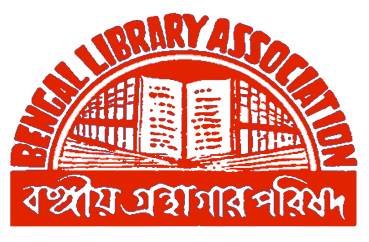Leo Tolstoy
 Count Lev Nikolayevich Tolstoy (; , ; ), usually referred to in English as Leo Tolstoy, was a Russian writer. He is regarded as one of the greatest and most influential authors of all time.
Count Lev Nikolayevich Tolstoy (; , ; ), usually referred to in English as Leo Tolstoy, was a Russian writer. He is regarded as one of the greatest and most influential authors of all time.Born to an aristocratic family, Tolstoy achieved acclaim in his twenties with his semi-autobiographical trilogy, ''Childhood'', ''Boyhood'' and ''Youth'' (1852–1856), and with ''Sevastopol Sketches'' (1855), based on his experiences in the Crimean War. His ''War and Peace'' (1869), ''Anna Karenina'' (1878), and ''Resurrection'' (1899), which is based on his youthful sins, are often cited as pinnacles of realist fiction and three of the greatest novels ever written. His ''oeuvre'' includes short stories such as "Alyosha the Pot" (1911) and "After the Ball" (1911) and novellas such as ''Family Happiness'' (1859), ''The Death of Ivan Ilyich'' (1886), ''The Kreutzer Sonata'' (1889), ''The Devil'' (1911), and ''Hadji Murat'' (1912). He also wrote plays and essays concerning philosophical, moral and religious themes.
In the 1870s, Tolstoy experienced a profound moral crisis, followed by what he regarded as an equally profound spiritual awakening, as outlined in his non-fiction work ''Confession'' (1882). His literal interpretation of the ethical teachings of Jesus, centering on the Sermon on the Mount, caused him to become a fervent Christian anarchist and pacifist. His ideas on nonviolent resistance, expressed in such works as ''The Kingdom of God Is Within You'' (1894), had a profound impact on such pivotal 20th-century figures as Mahatma Gandhi, Ludwig Wittgenstein, Martin Luther King Jr., and James Bevel. He also became a dedicated advocate of Georgism, the economic philosophy of Henry George, which he incorporated into his writing, particularly in his novel ''Resurrection'' (1899).
Tolstoy received praise from countless authors and critics, both during his lifetime and after. Virginia Woolf called Tolstoy "the greatest of all novelists", and Gary Saul Morson referred to ''War and Peace'' as the greatest of all novels. He received nominations for the Nobel Prize in Literature every year from 1902 to 1906 and for the Nobel Peace Prize in 1901, 1902, and 1909. Tolstoy never being awarded a Nobel Prize remains a major Nobel Prize controversy. Provided by Wikipedia
1
Book
2
by Tolstoy, Leo
Published 1994
Located: Bengal Library Association Public Library
Call Number: 823 TOL
Published 1994
Located: Bengal Library Association Public Library
Call Number: 823 TOL
Book
3
4
Unknown
5
by Tolstoy, Leo 1828-1910
Published 1965
Located: Hiralal Mazumdar Memorial College for Women
Call Number: 823.8 TOL/ANN
Published 1965
Located: Hiralal Mazumdar Memorial College for Women
Call Number: 823.8 TOL/ANN
Book
6
Book
7
Book
8
Book
9
Book
10
Book
11
Book
12
Book
13
Book
14
Book
15
Book
16
Book
17
Book
 WebLibNet
WebLibNet

